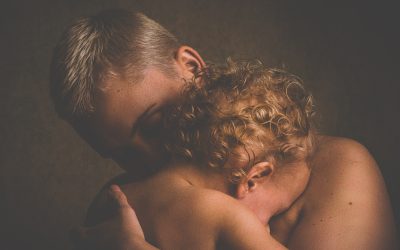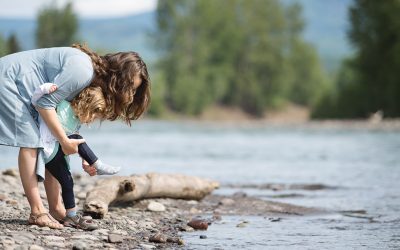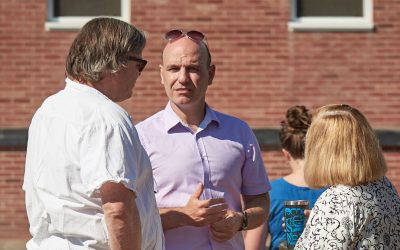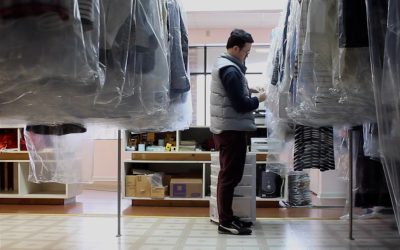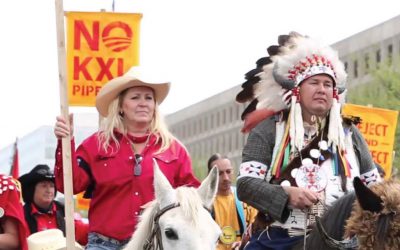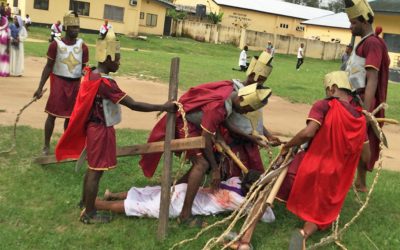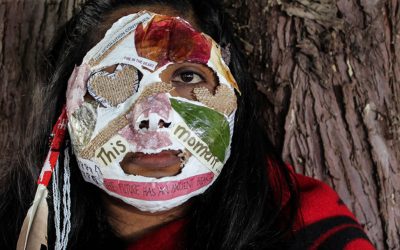ISSUE 3: RELATIONSHIPS
Relationships.
They’re everywhere. They’re everything.
Without relationships, defined by the Oxford dictionary as “the state of being connected,” we would be adrift. Unhinged. Relationships anchor us, define our place in the world and create our reason for being.
Relationships are what sustained our species, allowing us to procreate, to survive and to thrive. They are what make us human. According to research professor and self-help icon Brené Brown…
STORIES IN THIS ISSUE
Redefining Motherhood: Parenting Beyond Stereotypes
In New Zealand, and probably most places, the answer to this question is multifaceted. Often, people resort to stereotypes: the soccer mom yelling…
First Love: The Importance of Early-Childhood Relationships
When I first became a parent, I was struck, as I am sure all parents are, by this sense that what I was doing was very important…
Nathan Cullen on Technology and Politics (AUDIO)
It’s hard to talk about relationships without talking about social media and the profound influence it is having on the way we connect…
How the Material and the Intangible Form History
Archaeology is generally defined as the study of material culture (that is, things) as a means of understanding peoples’ lives and their environments…
Sangsun Choi’s The History of Intimacy (VIDEO)
Sangsun Choi’s short documentary The History of Intimacy will force you to re-examine the casual, everyday relationships in your life…
Zoltan Grossman’s Unlikely Alliances (BOOK REVIEW)
Britain and France setting aside historical differences with the 1904 Entente Cordiale. Americans and Germans fighting together against the Nazis…
Theatre and Community at a Nigerian University
Theatre and culture are societal concepts that often go hand in hand. Playing complementary roles in community building, they act as unifying forces…
Sisters Rising: Indigenous Resurgence and Kinship
Since Europeans first invaded Turtle Island (also known as North America), incalculable brutality has been enacted on First Peoples, with girls and…
Self Love: Nurturing our #1 Relationship (AUDIO)
When it comes to relationships, the one closest to us is perhaps the one easiest to overlook: our relationship to ourselves…
RELATIONSHIPS: Beyond Romance
Relationships.
They’re everywhere. They’re everything.
Without relationships, defined by the Oxford dictionary as “the state of being connected,” we would be adrift. Unhinged. Relationships anchor us, define our place in the world and create our reason for being.
Relationships are what sustained our species, allowing us to procreate, to survive and to thrive. They are what make us human. According to research professor and self-help icon Brené Brown, “We are hardwired to connect with others. It’s what gives purpose and meaning to our lives.”
Relationships have resonance. If you’ve ever read Dear Abby or eavesdropped in a coffee shop, you know that we love to talk about relationships. A quick online search for “relationships” reveals that most often it’s romantic relationships that intrigue us, that make people want to engage: Sometimes they respond with anger. Sometimes they’re whimsical. Always they’re interested.
For this issue of Culturally Modified, we wanted to explore relationships beyond romance. Our investigation took us to a university in Nigeria, where theatre brings the local community together with academia. It led us to an American laundromat, where employee and filmmaker Sangsun Choi works to make the most of his fleeting interactions with customers. It took us to an ashram in the Bahamas, where we spoke with a devoted yogi about our relationship to ourselves.
One of the most profound relationships we experience in life is the one between parent and child. In this issue, Lydia Howard explores this basic need for connection in our early years. We also share the research of master’s student Hayley Aikman, who examines how society relates to non-traditional constructs of motherhood.
Our relationship to gender and between genders is rapidly changing, thanks to movements like #metoo and #timesup.
Our relationship to gender and between genders is rapidly changing, thanks to movements like #metoo and #timesup. The University of Victoria’s Sisters Rising project looks at how these relationships can usher in a new era for Indigenous girls and women.
When we think about evolving relationships, we can’t help but think about changes in technology: Are we more or less connected in this social media era? According to Member of Parliament Nathan Cullen, the answer remains to be seen: We are currently in the midst of a massive experiment about how we relate to one another.
We couldn’t round out this issue without including something about the relationship between Indigenous and non-Indigenous perspectives and how diverse cultures relate differently to the land. Simon Fraser University professor George Nicholas takes us on an exploration of the relationship between material constructs of culture, such as artifacts, and the values we place on them, which often differ between cultures.
Our book review of Zoltan Grossman’s Unlikely Alliances looks at how First Nation and non-native communities are finding common ground in their fight to protect natural resources.
Take a moment to reflect on the relationships that surround you: Maybe it’s a child or a partner. Maybe it’s your barista or your childcare provider or the guy in the next cubicle. It could be a love-hate relationship to the device you’re holding or an unrequited relationship to Tim Horton’s chocolate-glazed doughnuts.
Without relationships, we would be nothing.
